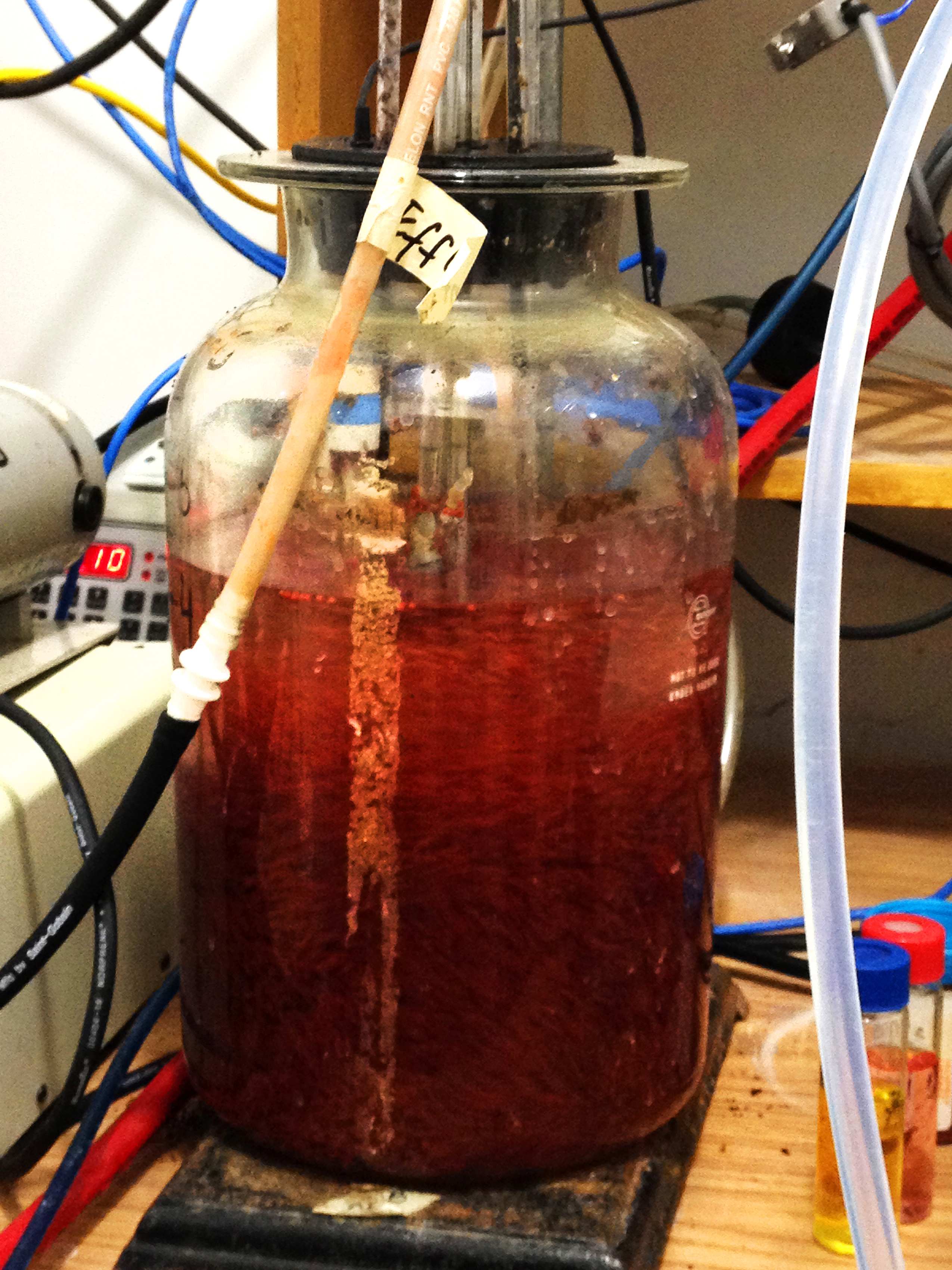Water is arguably the world’s most valuable resource. With threats of drought caused by climate change and the influx of industrial pollution, it is paramount that innovative technologies in water treatment and waste management are supported.
On Aug. 6, civil and environmental engineering students from universities throughout the Red River basin descended on Fargo for the eighth annual International Prairie Student Conference (IPSC) hosted by the North Dakota State University student chapter of American Water Works Association/Water Environment Federation (NDSU AWWA/WEF).
The AWWA focuses primarily on drinking water, whereas WEF’s attentions are aimed at wastewater; both organizations provided sponsorship for the conference. The civil and environmental engineering and the environmental and conservation sciences departments at NDSU also contributed funds.
The conference is organized by students and designed to promote networking opportunities within the industry.
The guest list was short but impressive; academics in attendance included those from the University of Manitoba, University of Winnipeg, University of North Dakota, and South Dakota State University. Industry professionals were invited from Advanced Engineering and Environmental Services, Inc.; Moore Engineering, Inc.; and Apex Engineering Group, Inc.
Last year the conference was hosted by the U of M which, like NDSU, has a student chapter of WEF (University of Manitoba Water Environment Federation) and is currently working to gain AWWA affiliation. University of Manitoba Water Environment Federation president Nick Svenda will be stepping down within the next few weeks at which point Tanner Devlin, the current vice-president, will assume the role of president.
Devlin was the first undergraduate to be formally involved with the student chapter and since then has been trying to increase undergraduate membership.
“Right now we stand at a total of 27 members combined, where historically it’s been 10 to 15 graduate students,” he boasted.
Innovation and collaborative research
Devlin presented the proposal for his MSc. project, which he will be embarking on this fall in the department of civil engineering at the U of M. His investigation will study “enhanced biochemical processes for wastewater treatment.”
He is specifically interested in the biochemical process of aerobic granulation. Granules are made up of a suite of microorganisms that specialize in the removal of organics, nitrogen, and phosphorus collectively from the water.
Traditionally, biological treatments of wastewater have been accomplished using a combination of activated sludge systems, biofilters, oxidation ditches, and rotating biological contactors. These systems generally require large areas and they remove very little organics, nitrogen, or phosphorus – three compounds that can accelerate the eutrophication of surface waters.
On the other hand, aerobic granular sludge processes promise to reduce the energy requirements of water treatment by at least 30 per cent and space requirements by as much as 80 per cent. Implementing granular sludge systems in place of conventional technologies would therefore benefit both the economy and environment.
In general, bacteria will secrete proteins and polysaccharides when external stressors are applied, such as aeration or periodic episodes of starvation. These compounds act as cement and transform the flocculent bacteria utilized in conventional biological treatment systems into denser granules.
The problem is that the exact mechanism of granulation is still debatable and more studies must be undertaken to determine how flocculent bacteria are transformed into their granular counterparts.
The IPSC is an outlet for sharing ideas and encouraging research collaborations between universities. A prime example of this was the presentation of U of M/U of W duo Tyler Epp and Ken Breziniski. They discussed “rapid solid phase extraction as an attractive alternative to resin fraction methods. Solid phase extraction will reduce resin condition and sample preparation times.”
Currently, resin fractionation is the most commonly used technique to separate and classify natural organic matter based on its solubility in water; however, this technique is time-consuming, tedious, and not applicable to monitoring aquatic humic substances at water treatment plants.
Aquatic humic substances are caused by the decay of plant material and are highly chemically reactive. The aquatic humic substances fraction of natural organic matter is believed to contain the organic compounds required to form trihalomethanes. Trihalomethanes are suspected to cause cancer in humans and are created when the organic compounds from the humic substances come in contact with chlorine added to disinfect our drinking water.
Epp and Breziniski’s method proposes the use of solid phase extraction, which is a sample preparation process that separates compounds in a liquid from other compounds in the mixture according to their physical and chemical properties.
Solid phase extraction bodes to be a much more efficient method of monitoring aquatic humic substances in water.
Student chapter and local involvement
This year’s chief organizer, Kevin Young, first started to get involved with the NDSU AWWA/WEF student chapter during his freshman year in 2008 and has held various officer positions in his time at NDSU.
Young explained how he found himself heading the event: “The group’s student advisor asked me to take the lead for planning the International Prairie Student Conference this year. I thought it might be in my best interest to say ‘yes’ since I would like to graduate soon.”
Each year the group sends a team to the Student Design Competition at the Water Environment Federation’s Technical Exhibition and Conference. They also make an effort to go on a few group field trips related to water engineering.
Conference attendees got a taste of these field trips with the opportunity to participate in the RiverKeepers Service Project – Storm Drain Marking Program, and take tours of Fargo’s wastewater treatment plant and effluent reuse facility.
Young expressed that “in the future, [he’s] hoping the group continues to work on service projects in Fargo with groups like RiverKeepers.”
The IPSC is just one of many student conferences offered annually. Regardless of faculty or academic focus, these student-run events are essential for providing an informal setting for students to practice presenting and discussing their research



